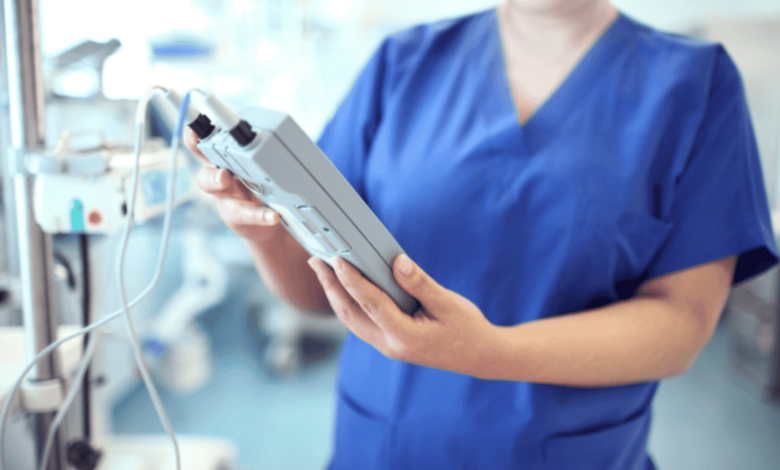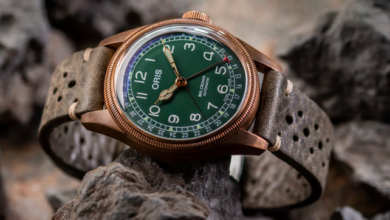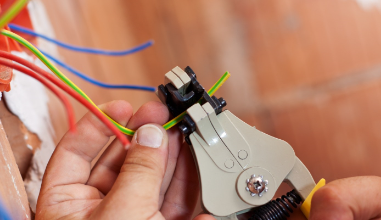CE Approval for Custom-Made Medical Devices

Have you ever wondered how custom-made devices fit into the regulatory landscape? Or what it takes to achieve approval for medical devices tailored to individual needs? Custom-made medical devices offer personalized solutions, but they also come with unique regulatory challenges. Ensuring safety, performance, and compliance with European standards is vital. This is where CE approval plays a pivotal role. It’s not just about market access—it’s about ensuring trust and quality for both users and healthcare providers.
Understanding Custom-Made Medical Device
CE Approval for Medical Devices is particularly important when it comes to custom-made devices. These are designed for a specific patient or user, addressing individual requirements that standard units cannot fulfil. These are often prescribed by healthcare professionals and manufactured to meet unique specifications. Examples include prosthetics, orthodontic appliances, and implants.
The bespoke nature of these devices means they don’t always fit into the general regulatory framework. However, achieving CE approval ensures they meet rigorous health and safety standards. Without this, even the most innovative custom solutions cannot legally reach the European market. Understanding these nuances is essential for manufacturers aiming to serve the European Economic Area (EEA).
Read also: Choosing the Right Medical Mattress: A Comprehensive Guide
How Does CE Approval Work for Custom-Made Devices?
Navigating CE approval for custom-made medical devices involves a slightly different process than standard machines. Since these devices are tailored for individual use, manufacturers are often exempt from full conformity assessment by a Notified Body. However, they must still comply with essential EU requirements.
Documentation is critical. Manufacturers need to prepare a detailed statement that includes the device’s purpose, its design and manufacturing specifics, and confirmation that it meets relevant regulations. Clinical evidence and risk analyses are also key components of compliance. The goal is to ensure the machine is safe and effective for its intended user.
Why Is Documentation the Foundation of Success?
Accurate and comprehensive documentation is non-negotiable for CE approval. For custom-made medical devices, the requirements may appear less stringent, but they are no less important. Each device must have a technical dossier outlining its design, intended use, and safety considerations.
Risk analyses are especially important. Since these devices are unique, manufacturers need to demonstrate that they’ve accounted for all potential hazards. Clinical data should be robust, even if gathered from similar units. Regulatory authorities use this documentation to assess whether the device complies with EU standards, so any errors or omissions can delay approval.
How Do Regulatory Experts Help Manufacturers?
The path to CE approval can be complex, especially for manufacturers unfamiliar with regulatory frameworks. This is where experts come in. Regulatory consultants streamline the process by guiding manufacturers through the requirements and ensuring alignment with EU directives.
They assist with preparing and reviewing documentation, ensuring it meets all regulatory criteria. Their familiarity with electronic submission portals helps avoid technical errors and saves time. By working with experts, manufacturers can focus on innovation while leaving the regulatory hurdles to professionals.
Read also: The Role of Technology in Shaping India’s Economic Future
Benefits Beyond Market Access
Achieving CE approval for custom-made devices is about more than legal compliance. It’s a mark of trust. Healthcare providers and patients rely on the CE mark to ensure the device’s safety and quality.
Moreover, the approval process encourages manufacturers to adopt rigorous design and manufacturing practices. This commitment to excellence doesn’t just satisfy regulators—it builds a reputation for reliability. For companies entering or expanding within the European market, CE approval can open doors to growth and partnerships.
Securing CE approval for medical devices, particularly custom-made ones, is a journey that demands precision and diligence. For manufacturers, it’s an opportunity to demonstrate their commitment to safety and quality while unlocking access to the lucrative European market. Though the process may seem daunting, understanding its importance and leveraging expert guidance can make a significant difference.




